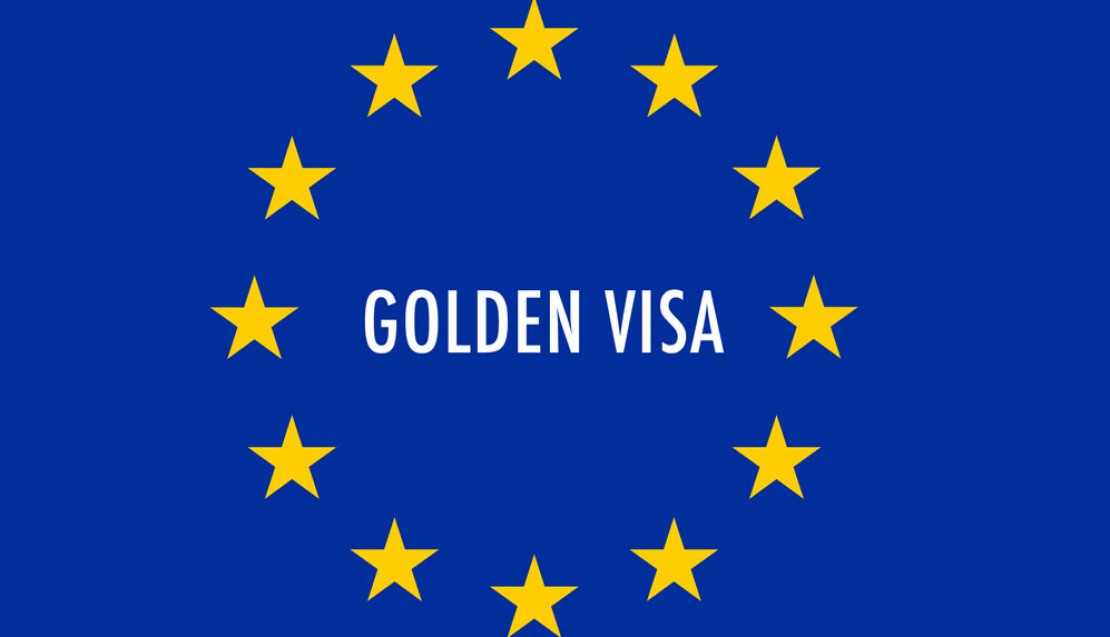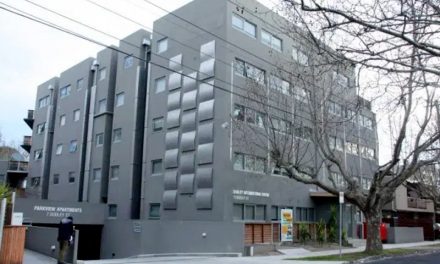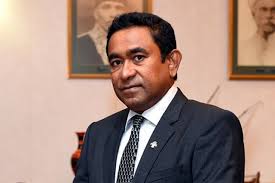11 March 2019
The golden visa programs implemented by many European countries have sparked repeated controversy over the years. Big investments often with corrupt money have gained citizenship and residency in these countries, while protecting the culprits from facing trials in their home countries. Transparency International and Global Witness highlight that the EU has welcomed more than 6,000 new citizens and nearly 100,000 new residents under the golden visa programs.
Spain, Hungary, Latvia, Portugal and the UK have granted the highest number of golden visas to investors and their families, ahead of Greece, Cyprus and Malta. Around €25 billion in foreign direct investment has flowed into the EU through these schemes over the last ten years.
Some 3000 high net worth people entered UK between 2008 and 2015 bringing with them more than £3.15 billion. Government officials see only the immediate benefits to the economy but not the long-term implication of the investments. UK has since reformed the scheme and visas granted during this period are being reviewed.
Often these golden visa programs are shrouded in mystery. Average EU citizens are ignorant of how these schemes work and where the investments made by foreign nationals are ultimately going. These investors who are accustomed to corrupt activities will go into corrupt businesses in their new homes.
Bulgaria, Cyprus and Malta give residency as well as golden visas. One other EU member country sells passports while 9 others sell only residency rights. The profits, ethical implications and risks affect all EU citizens. Therefore, EU should put in place some controls over the golden visa programs. Through golden visas schemes EU has acquired more than 6,000 new citizens and close to 100,000 new residents. Spain, Hungary, Latvia, Portugal and the United Kingdom have granted more than 10,000 golden visas each, followed by Greece, Cyprus and Malta. None of these countries publish the list of citizens or residents with the exception of Austria and Malta.
Amount of investment required for a golden visa varies from country to country. Austrian golden visa can cost up to €10 million while a Cypriot passport can cost €2 million and Greece and Latvian passport can cost €250,000. The schemes offered in Cyprus, Malta and Portugal show insufficient due diligence, wide discretionary powers and conflicts of interest. Transparency International reported.
Aside from golden visas there are other forms of investments where corrupt money can enter into a country safely. Nirav Modi defrauded Indian banks of billions of dollars and fled the country. He did not get a golden visa but is able to live and move about freely in London. He was tracked down to a luxury £8 million flat in London’s West End by UK-based The Telegraph. He was sporting a handlebar moustache and donning a £10,000 ostrich leather jacket. He started a new diamond business in Soho. He takes a daily walk from his home to the office with his dog without let or hindrance. In July 2018 the Indian government requested the UK government for extradition of Nirav Modi.
Ex-President Goodluck Jonathan of Nigeria is another stark example of a corrupt politician who has found a safe haven and living luxuriously. The United Kingdom’s Department for International Development said that about $32bn was lost to corruption during the six-year administration of ex-President Goodluck Jonathan. The money went into the pockets of Jonathan and his cronies and to finance his election campaign, which he lost.
It is not clear how much money he stole from the country and how much he took to London where he is living now. The UK’s investigative journalism magazine, Private Eye, has alleged that former president Goodluck Jonathan is the owner of a £4.5m mansion in Weybridge, Surrey.
UK should rightfully return the corrupt money to the country from which it was stolen.















